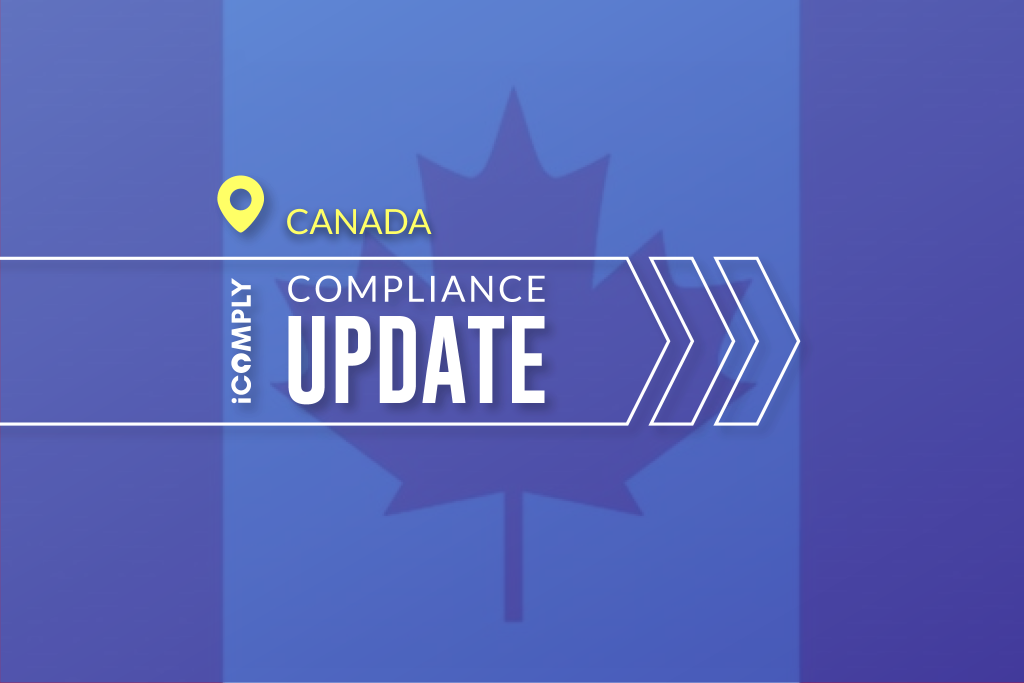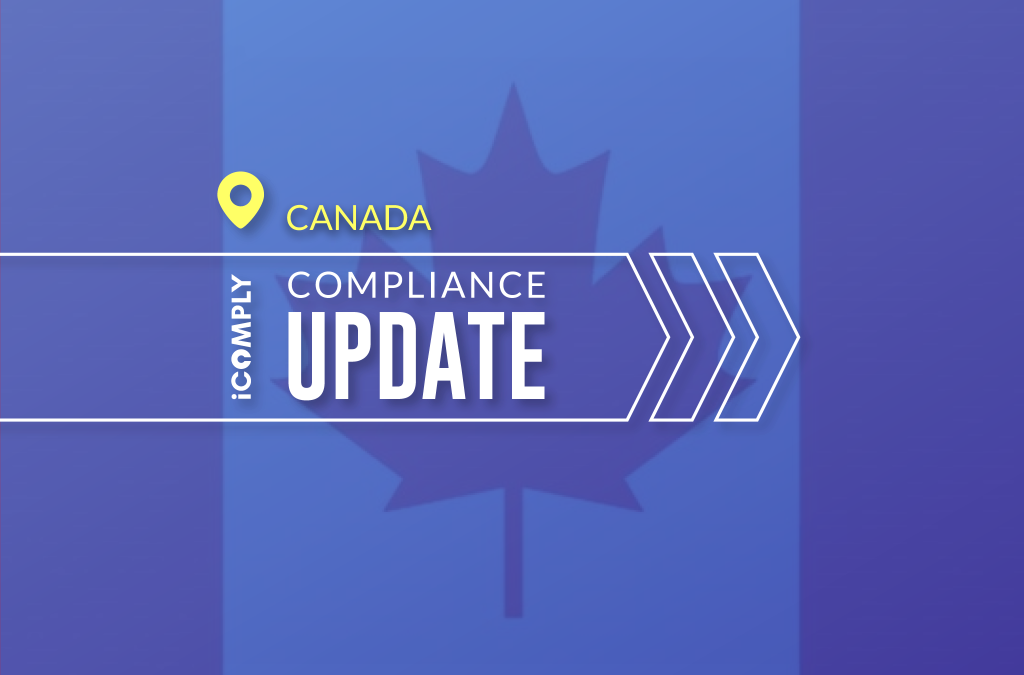Regulators Take Action Against Online FX Broker JT Trader

BCSC Says “Global” Platform For Institutional and Retail Clients Operating Without a License
What Happened?
February 26, 2020: The BCSC announced that JT Trader Financial Services Ltd. was serving residents of British Columbia without a license to do so. According to its website, JT Trader is an online foreign exchange broker that offers cutting-edge trading tools to institutional and retail clients globally.
Source: https://www.bcsc.bc.ca/Enforcement/Investment_Caution_List/JT_Trader_Financial_Services_Ltd_/
Who Is Impacted?
Financial service providers offering foreign exchange, virtual asset, or fintech solutions serving audiences in multiple states (United States), provinces (Canada), or countries (Global). Risk managers for online payment services and money transfer businesses–such as Meastro, Visa, Mastercard, and WebMoney who serve JT Trader–will need to identify and reassess their own risk in doing business with and enabling these transactions for JT Trader.
Why This Matters?
According to the BCSC, JT Trader was operating out of Toronto, in the Canadian province of Ontario. Ontario is regulated by the OSC (Ontario Securities Commission). Both BCSC and OSC are members of the CSA (Canadian Securities Administrators). Due to the nature of JT Trader’s business, they will need to secure regulatory approval from every provincial regulator where they have at least one user.
What’s Next?
JT Trader’s actions have placed the company on several international watchlists and adverse media lists. Companies who serve JT Trader will need to complete risk assessments to determine if they can continue to support their business activity.
Compliance teams should consider whether their AML tools can easily identify what jurisdiction their user is from and whether they are legally able to serve the user.
If the proper licenses are in place and the user is accepted, the KYC and AML procedures need to meet the regulatory requirements of the user’s jurisdiction. An intelligent AML program should enforce country-specific workflows for user authentication, identity verification, document verification, risk screening, and data privacy.
Business managers should ensure their compliance teams are not wasting money and resources on users from jurisdictions that the company is not able to serve and, subsequently, should not be onboarding.
learn more
Is your AML compliance too expensive, time-consuming, or ineffective?
iComply enables financial services providers to reduce costs, risk, and complexity and improve staff capacity, effectiveness, and customer experience.
Request a demo today.
Key Reasons KYC Processes Fail
How effective are your KYC protocols for financial crime compliance? In the first half of 2021, banks and financial institutions accrued over USD $1.9 Billion in AML fines, and current data shows no signs of the trend slowing down. With the EU introducing a new...
Fraud Fundamentals: KYC Tips to Protect Your Business
Is your business effectively managing critical KYC protocols and procedures? As an increasing point of concern and regulation in the global market, Know Your Customer (KYC) practices have become vital tools that protect businesses and their customers from fraudulent...
Stay on Top of Financial KYC and CDD with iComply
In order to stay up to date with increasingly complex and evolving digital security, fraud, and anti-money laundering practices, the United States’ Financial Crimes Enforcement Network (FinCEN) amended the Bank Secrecy Act to introduce final rules with regard to the...



